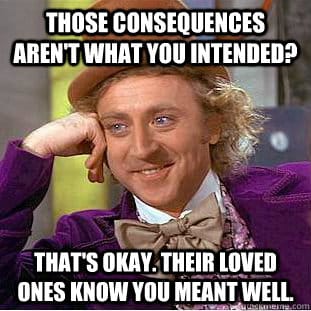Profits are Informative, Not Decisive

There are a lot of ways to make money that you probably shouldn’t pursue. Selling drugs to children, for example. Unfounded celebrity gossip. Pyramid schemes. Pornography. Economics can explain why these ventures are profitable, but it cannot determine whether these ventures are good. Similarly, physics can tell you what happens when we split the atom. It cannot tell you whether you should or should not drop the atomic bomb.
This is where the humanities–history, literature, philosophy, theology, and so on–come in. There’s a simple answer to the cynical student asking, “When am I ever gonna use this?” The answer: literally every time you make a decision. The person you become is determined by the people you’re around, the conversations you have, and the ideas you adopt. Books make it possible to keep company with the very best, so why not do so?
We elaborate on the economics of sin and prohibition in Chapter 10 of Mere Economics. We arrive at a conclusion that might surprise many of our fellow Christians: attempting to address one social problem by passing laws often creates a multitude of other problems that are often worse. For more, see this ReasonTV series, “Great Moments in Unintended Consequences.”
